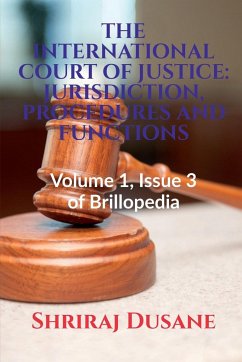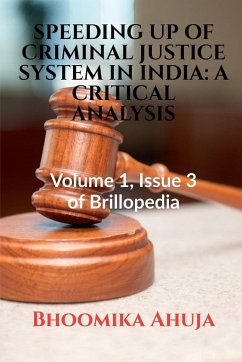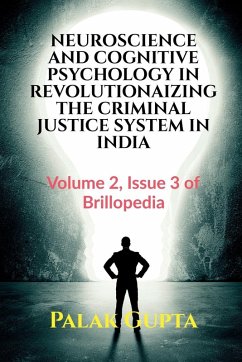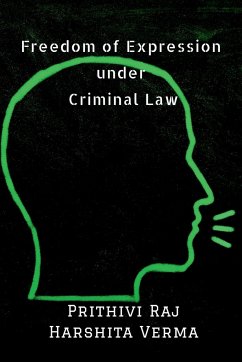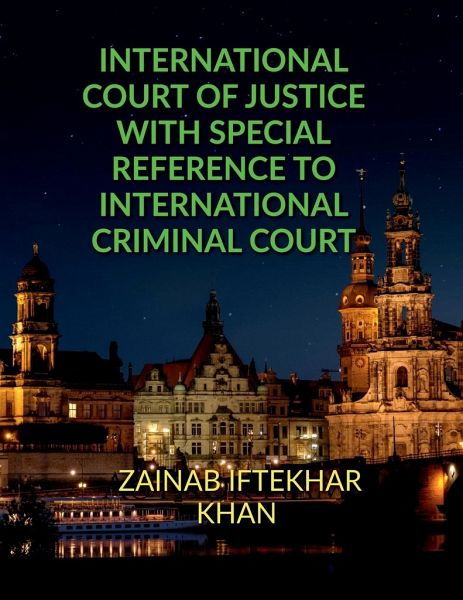
INTERNATIONAL COURT OF JUSTICE WITH SPECIAL REFERENCE TO INTERNATIONAL CRIMINAL COURT
Versandkostenfrei!
Versandfertig in 1-2 Wochen
14,99 €
inkl. MwSt.

PAYBACK Punkte
7 °P sammeln!
This thesis takes its starting point from the need for a comprehensive approach towards justice following atrocities, and where not only the states in which the crimes were committed have a role to play. The thesis discusses atrocity crime (genocide, crimes against humanity, and war crimes) prosecution, and reparations procedures concerning individuals as two appropriate courses of action, through which non-territorial states may contribute to atrocity prevention and justice for the victims of atrocities. The analysis addresses whether, under international law, non-territorial states are allow...
This thesis takes its starting point from the need for a comprehensive approach towards justice following atrocities, and where not only the states in which the crimes were committed have a role to play. The thesis discusses atrocity crime (genocide, crimes against humanity, and war crimes) prosecution, and reparations procedures concerning individuals as two appropriate courses of action, through which non-territorial states may contribute to atrocity prevention and justice for the victims of atrocities. The analysis addresses whether, under international law, non-territorial states are allowed to, required to, or prohibited from facilitating prosecution and reparations procedures and includes an assessment of the extent to which international law relating to reparations fails to correspond to that applicable to prosecution. The implications of the lack of correspondence are analyzed in light of the historical connection and separation of the two courses of action, the procedural and substantive legal overlaps between prosecution and reparations, and the underlying aims and functions of prosecution and reparations. The study covers a wide spectrum of international legal sources, most of them to be found in human rights law, humanitarian law, and international criminal law.



